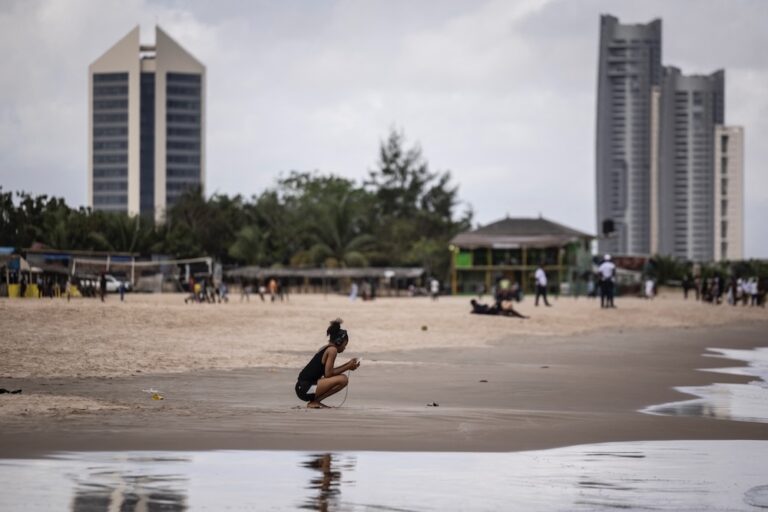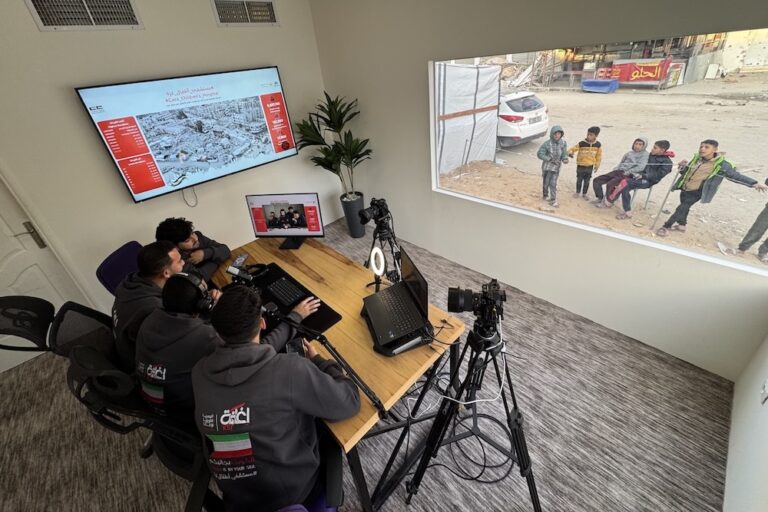To mark International Women's Day, RSF releases a report on the problems facing women who work as journalists.
(RSF/IFEX) – 7 March 2011 – To mark International Women’s Day today, Reporters Without Borders is releasing a report on the problems of women who work as journalists. It reaffirms several important principles, contains interviews with women journalists throughout the world and describes all the different problems they encounter, ranging from everyday discrimination to the most tragic forms of violence.
“The role of women in the media and the protection of women journalists are key issues for reinforcing media freedom and diversity of opinions. In some countries, women are excluded from the media but in others they have made significant progress. A great deal of effort is nonetheless needed to ensure real equality in a profession still largely dominated by men. The place of women in the media is still a reflection of their place in society,” Reporters Without Borders secretary-general Jean-François Julliard said. “They often run greater risks than men and have to deal with a great deal of prejudice. Certain regions of the world need particular attention as regards the protection of women who work as journalists.”
More and more women have been joining the ranks of journalists in the past 20 years but they still tend to occupy the lowliest jobs within the profession, with executive and editorial positions usually continuing to be the preserve of men. This clearly has an effect on the vision of the world reflected by the media. It is still a largely male world, one from which women are excluded, a world of men made by men.
In many countries, women journalists and human rights activists are the victims of violence, imprisonment, intimidation and censorship, just as men are. Some of them may be preferred targets. The vulnerability of women journalists varies considerably from one geographic region to another.
It is hard not to mention last month’s appalling assault on Lara Logan of CBS News in Egypt, at the time of President Hosni Mubarak’s fall from power. Reporters Without Borders offers her its entire sympathy. Even if such an incident is exceptional, it is symptomatic of the risks that women run when they work as journalists.


